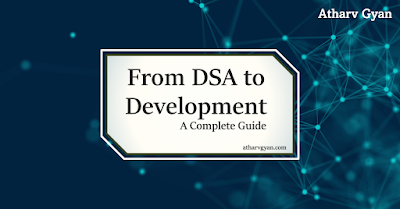How to Budget Effectively

Budgeting is essential for achieving financial stability, especially in a world where expenses can quickly spiral out of control. Here are actionable steps to budget effectively in 2025: 1. Set Clear Financial Goals Define short-term and long-term goals, such as saving for a vacation, emergency fund , or retirement. Having specific objectives will keep you motivated and focused. 2. Assess Your Income and Expenses Track Your Income: Account for all sources, including your salary, side hustles , or passive income. Categorize Expenses: Divide your expenses into fixed (rent, utilities) and variable (entertainment, dining out). 3. Adopt a Budgeting Method Choose a budgeting framework that suits your lifestyle: 50/30/20 Rule : Allocate 50% to needs, 30% to wants, and 20% to savings or debt repayment. Zero-Based Budgeting : Assign every dollar a purpose, ensuring no unplanned spending. 4. Leverage Technology Use budgeting apps like Mint , YNAB (You Need A Budget) , or PocketGuard t...

